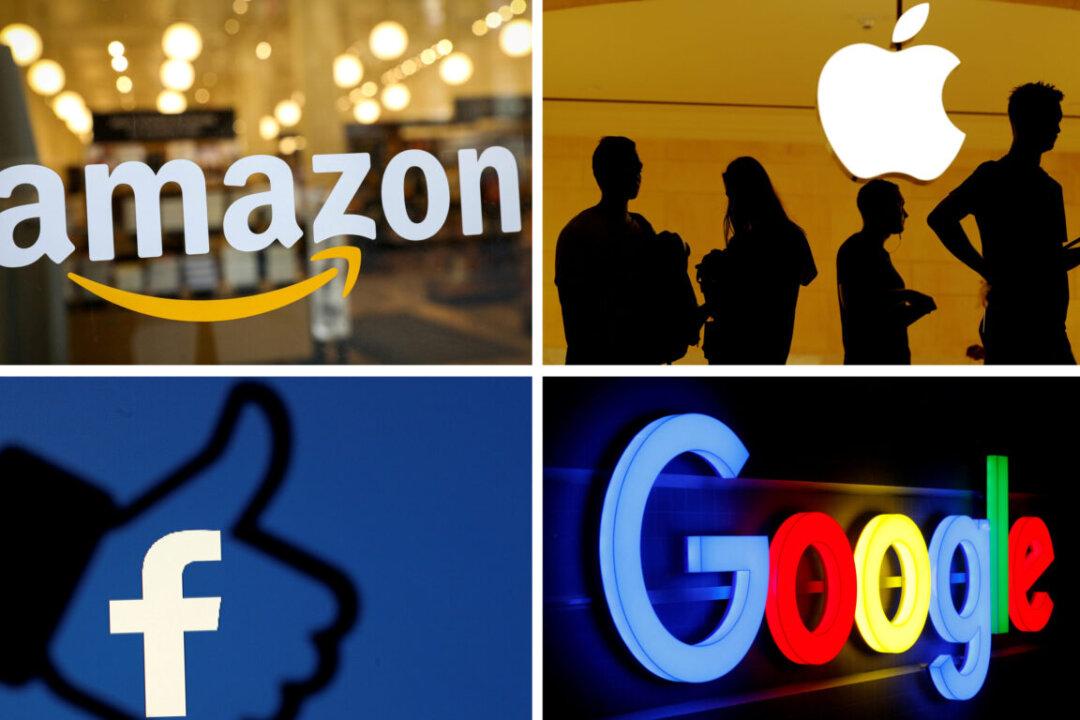Australia’s media watchdog is calling on major tech giants, including Facebook, Google and TikTok, to crack down on fake news on their platforms.
The Australian Communications and Media Authority (ACMA) has been tasked by the federal government with overseeing the development of a voluntary code to counter online misinformation.





